Ultimate Guide to Runners Knee: Causes, Symptoms, Treatment and Prevention
Ultimate Guide to Runner's Knee: Causes, Symptoms, Treatment and Prevention
As a passionate runner, you're no stranger to knee-pain, especially runner's knee or patellofemoral pain syndrome (PFPS). In this comprehensive blog, we'll take you through everything that you need to know about runner's knee, from common causes to symptoms, effective treatments, and prevention techniques, helping you keep your knees healthy and injury-free.
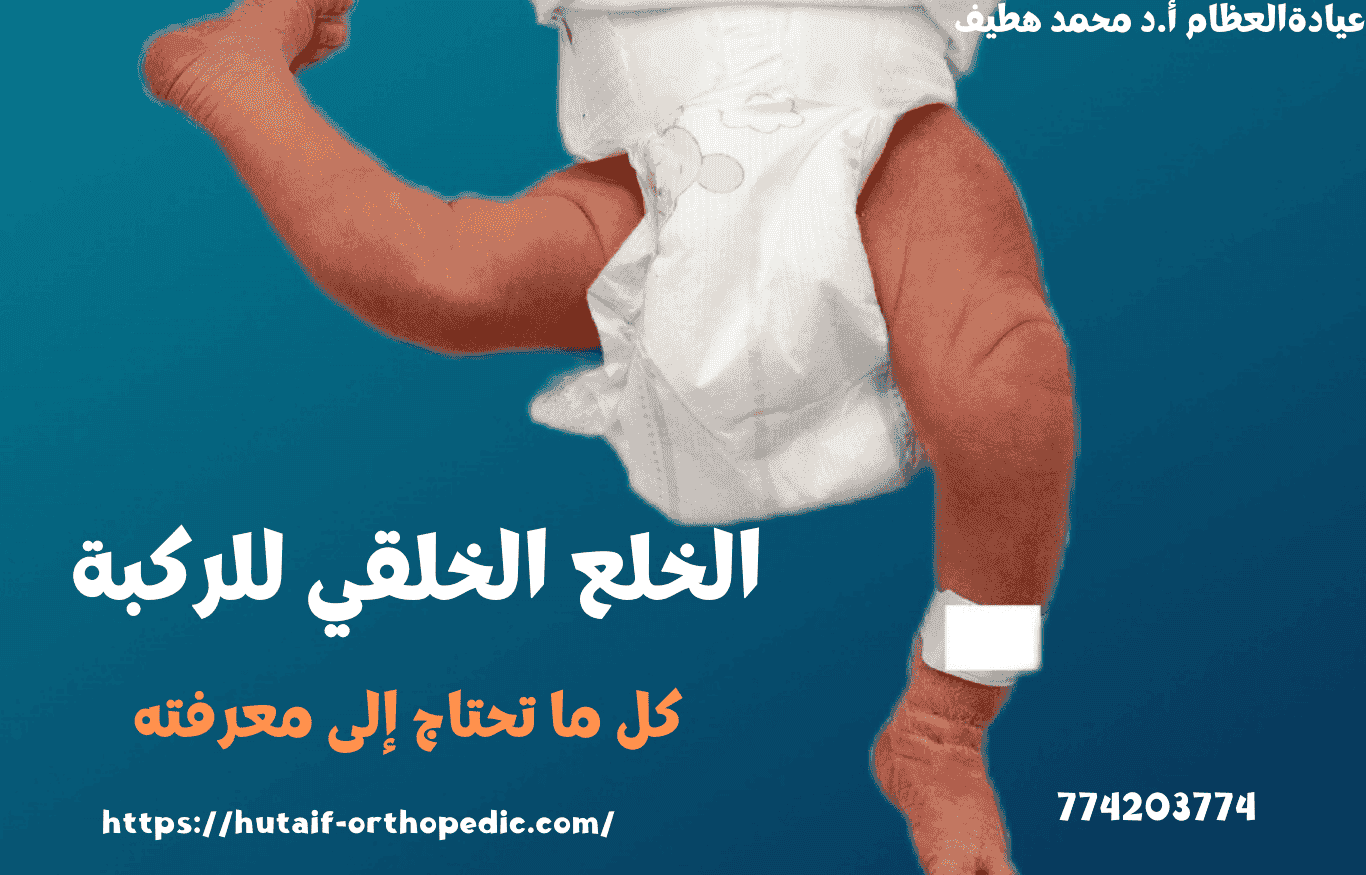
What is Runner's Knee?
Runner's knee is a common condition that causes dull, aching pain around the kneecap. It's common among runners, athletes, and individuals who engage in activities that require repetitive knee movements. In this blog, we'll provide an in-depth understanding of this often frustrating condition, keeping you one step ahead of potential injuries.
What are Symptoms of Runner's Knee?
The most obvious symptom is experiencing pain around or behind the kneecap, particularly when you bend or straighten your knee. Other symptoms include stiffness, weak quadriceps muscles, swelling around the knee joint, discomfort when kneeling or squatting, walking downstairs, or walking up hills.
Is Your Knee Pain Serious?
If you experience severe swelling, tenderness around the knee joint, instability or weakness in the knee, restricted mobility, or popping sensation during any knee movement, it's recommended to consult a doctor for immediate medical attention.
Read on to find out more about the causes, diagnosis, and effective treatment of runner's knee.
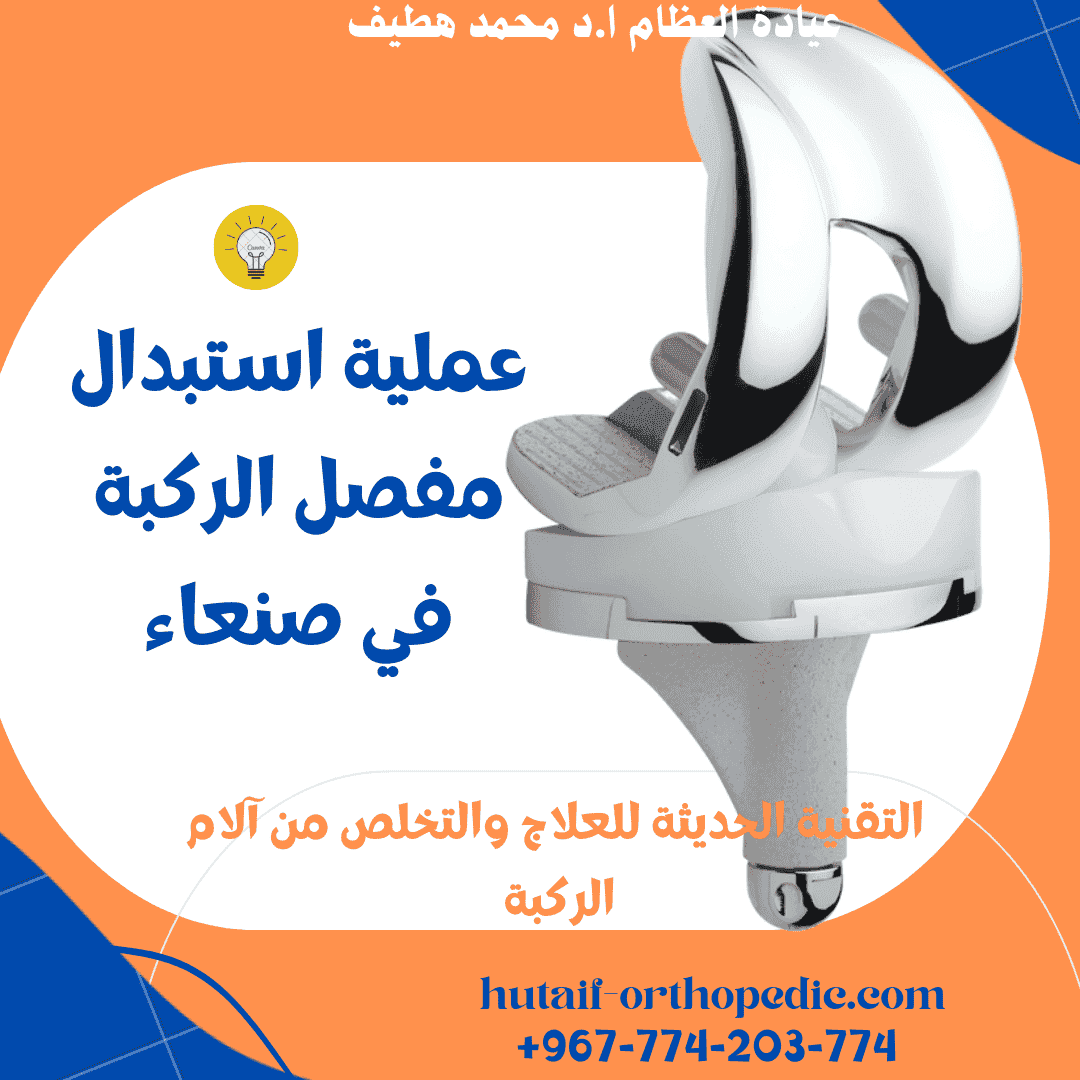

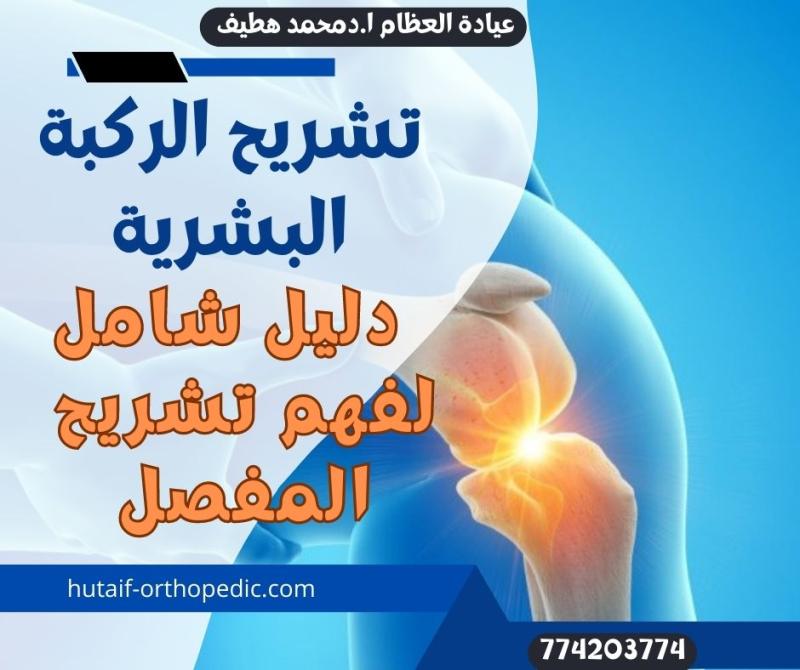
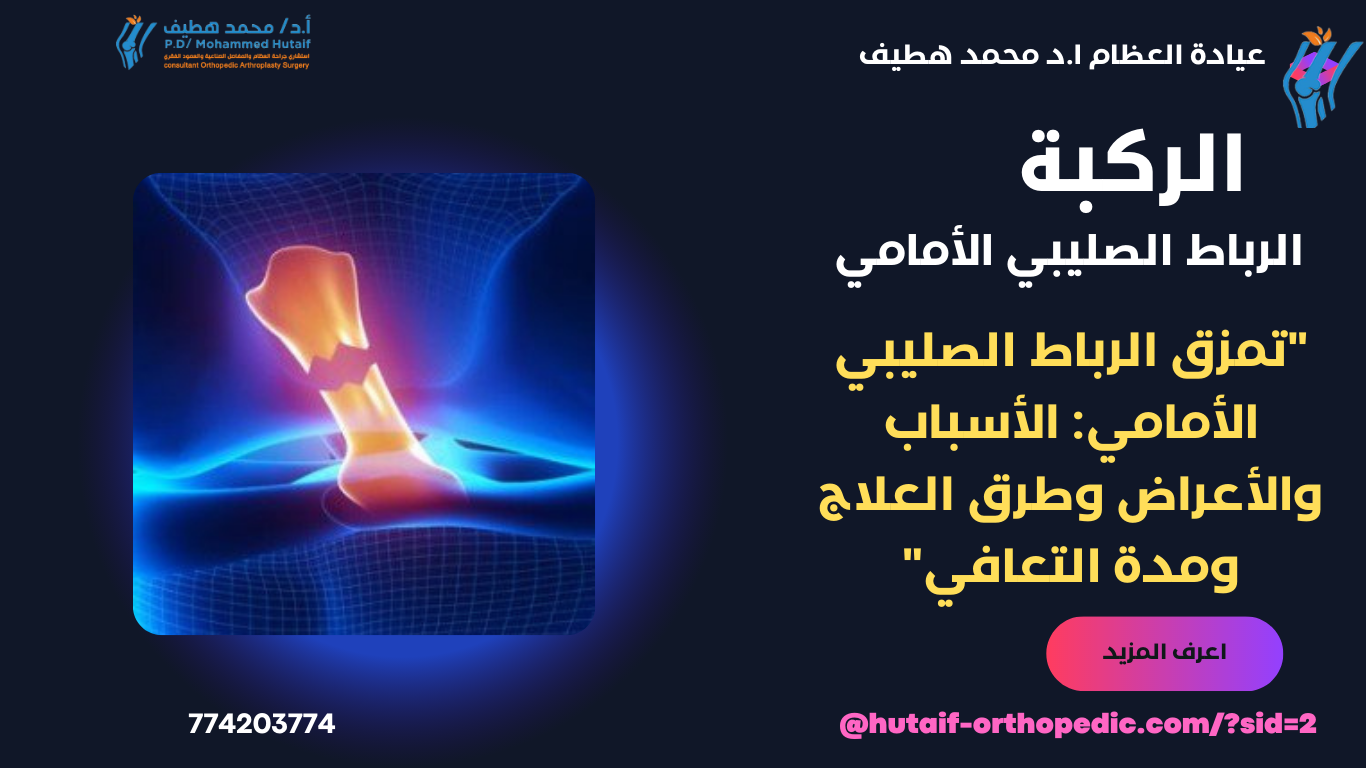
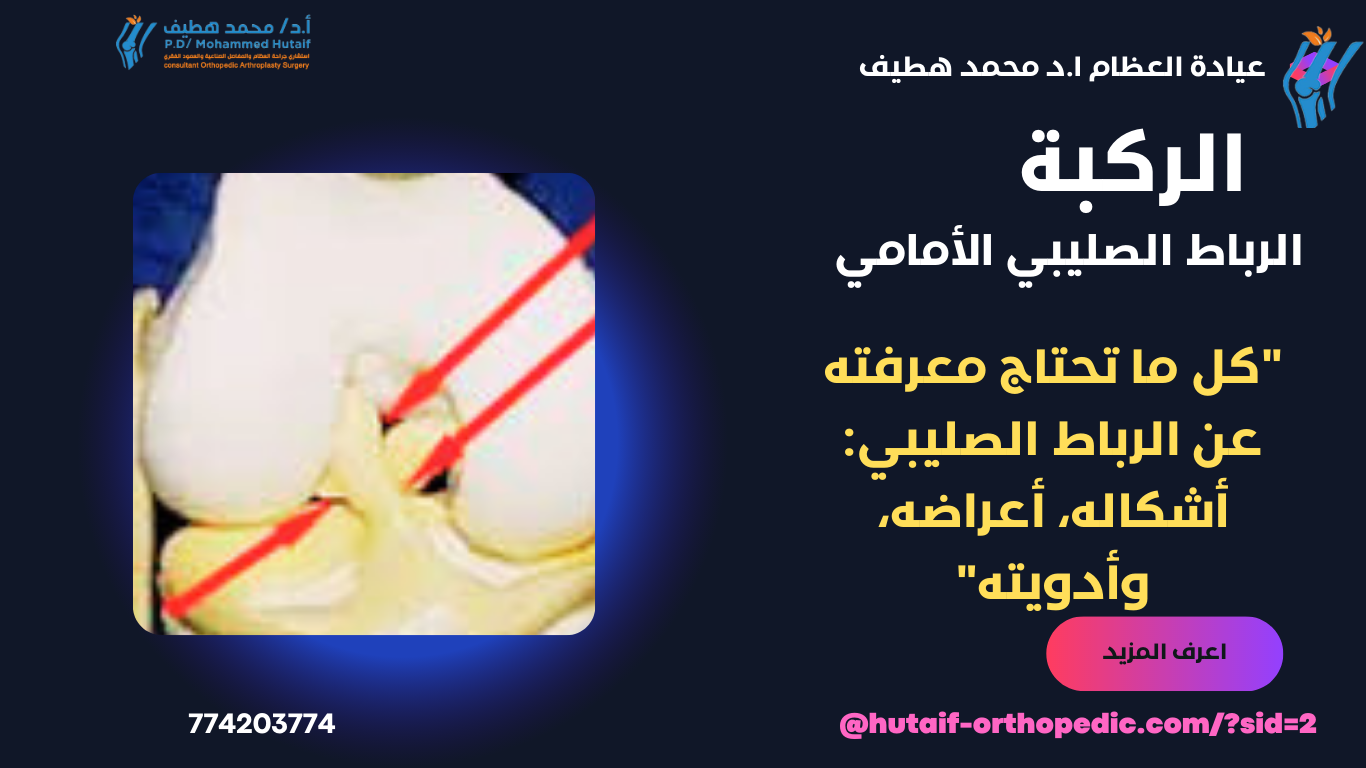

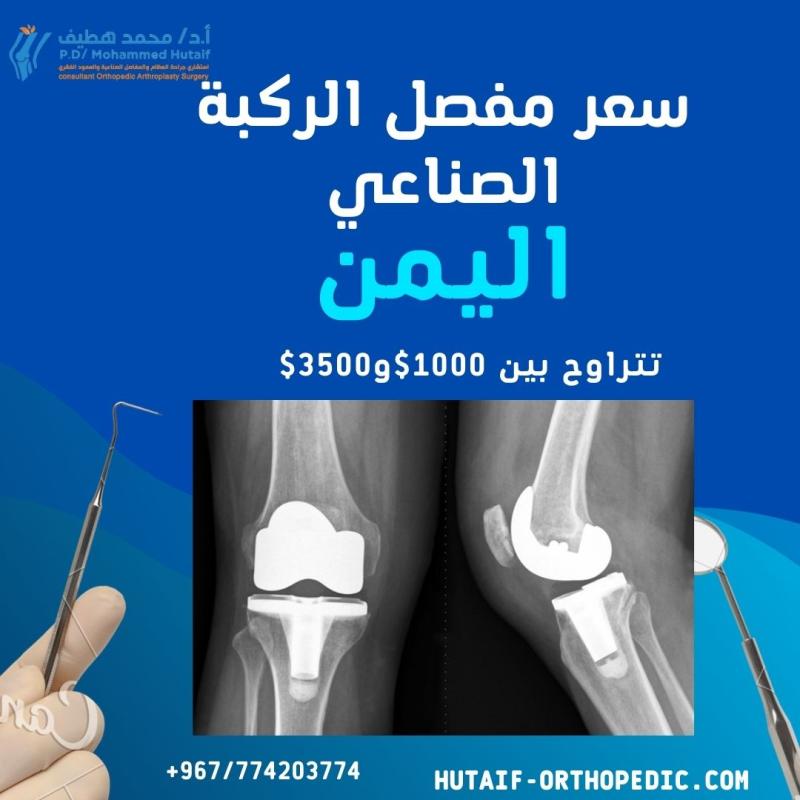
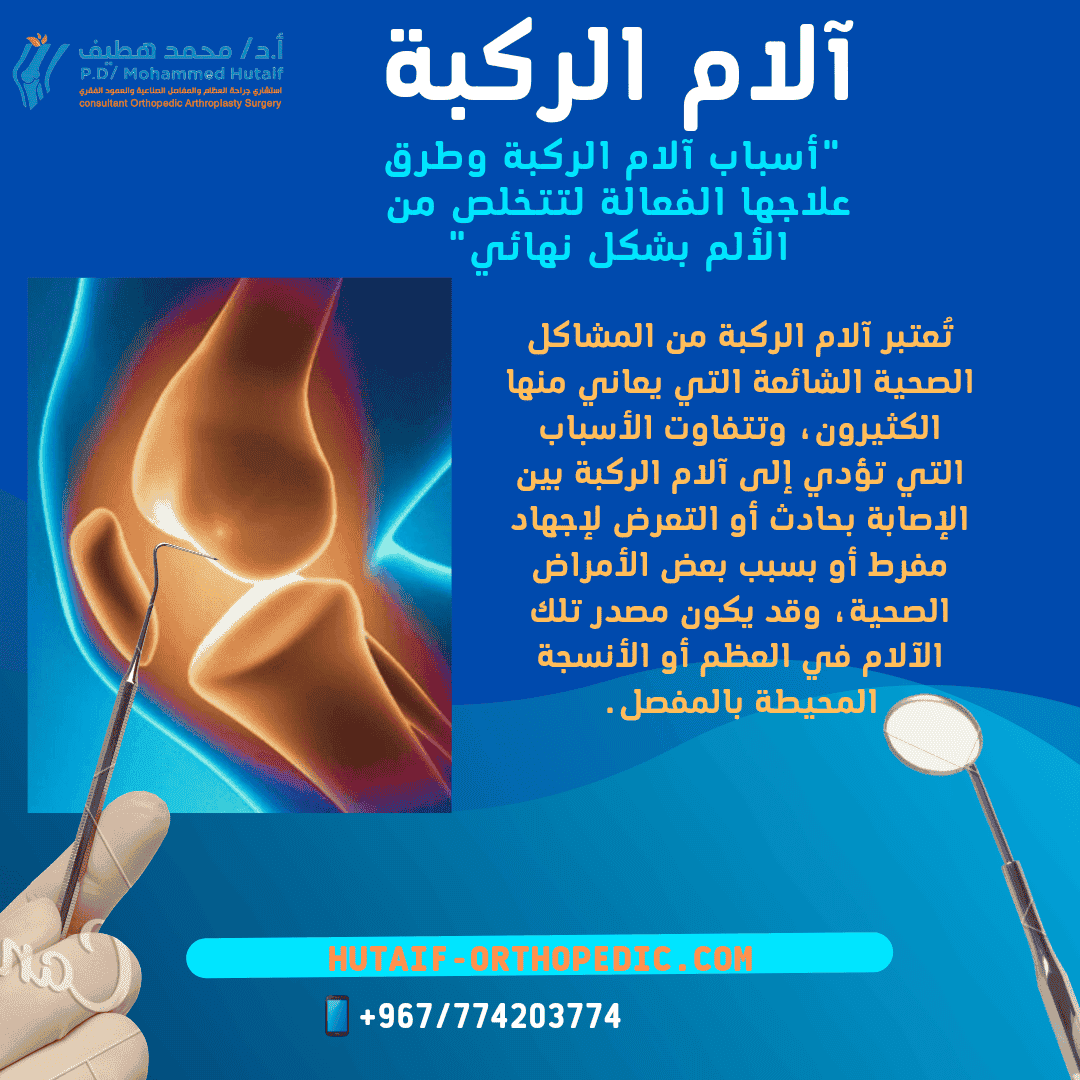
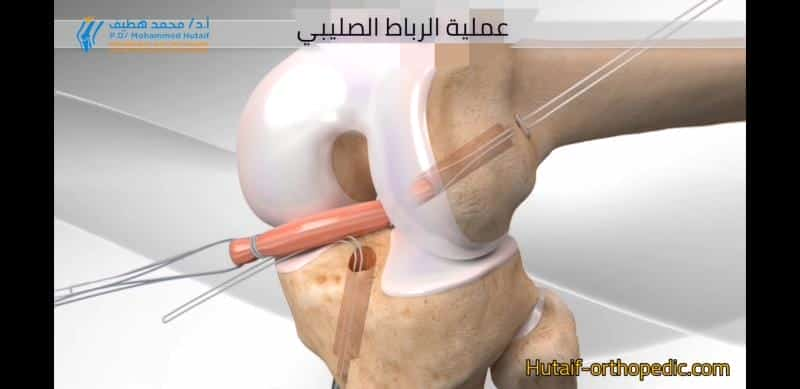
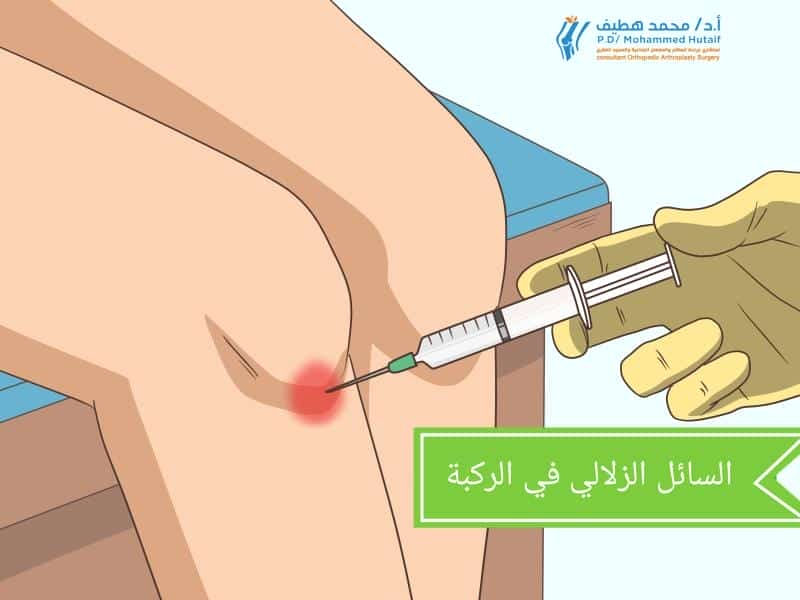
What Can You Do When You Can't Straighten the Knee Completely?
Inability to straighten your knee completely can have different causes, including swelling around the knee joint, tight muscles or tendons, or a ligament or cartilage injury. Seeking immediate medical attention is recommended to get a proper diagnosis and effective treatment plan.
Effective Solutions for Knee Pain?
Resting and avoiding activities that exacerbate pain, icing the affected area, and taking over-the-counter pain relief are efficient home remedies for knee pain. But, for long-lasting and effective solutions, consult a healthcare provider who can suggest the right medication and rehabilitation techniques best suited for your condition.
What Causes Knee Pain When Bending?
Knee pain when bending can be due to several reasons ranging from runner's knee (patellofemoral pain syndrome), meniscus tear, arthritis, to ligament injuries. It's crucial to determine the root cause of knee-pain by consulting a medical professional.
What Are Foods That Strengthen the Knee?
A balanced diet rich in anti-inflammatory foods like leafy green vegetables, omega-3 fatty acids, turmeric, and ginger can benefit and support knee health, promoting faster healing.
Can Walking Help Reduce Knee Pain?
Walking is a low-impact exercise that can benefit those experiencing knee-pain, walking regularly can improve joint flexibility, strengthen the muscles around the knee, and reduce the risk of further injuries.
When to Seek Medical Attention for Knee Swelling?
Knee swelling could be a symptom of severe medical conditions like blood clot, infections or injury. If you experience severe swelling, redness, warmth, fever, or difficulty breathing, seeking immediate medical attention is crucial.
Read on to find out more about different types of knee-pain and knee-related conditions and the most effective ways to prevent potential injuries and promote faster recovery.
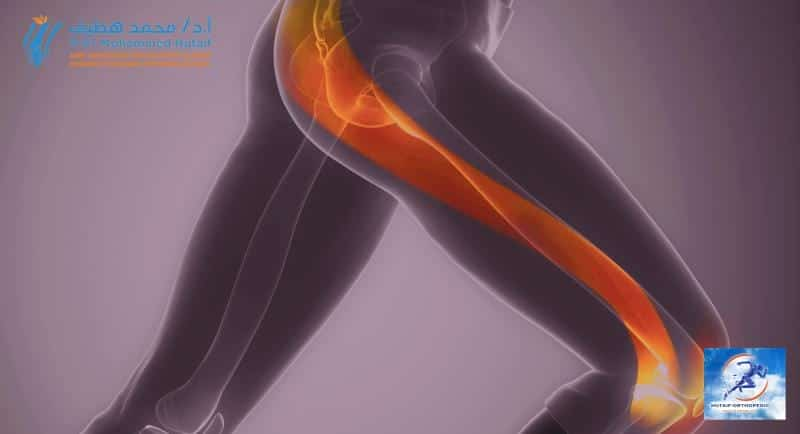
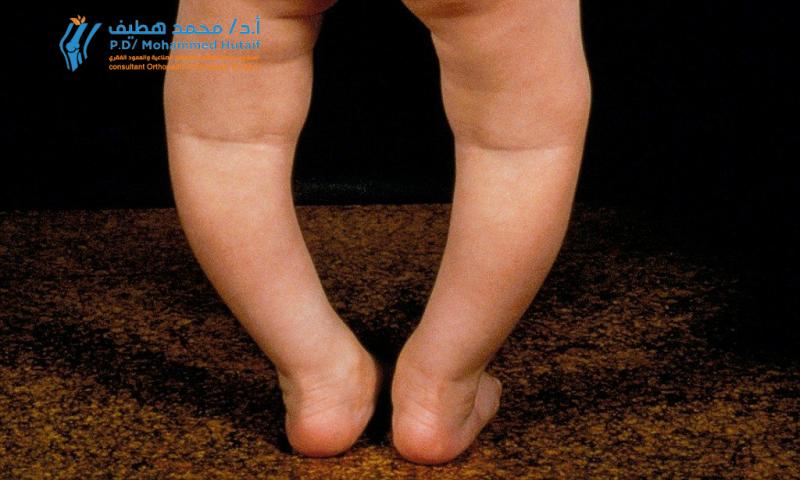
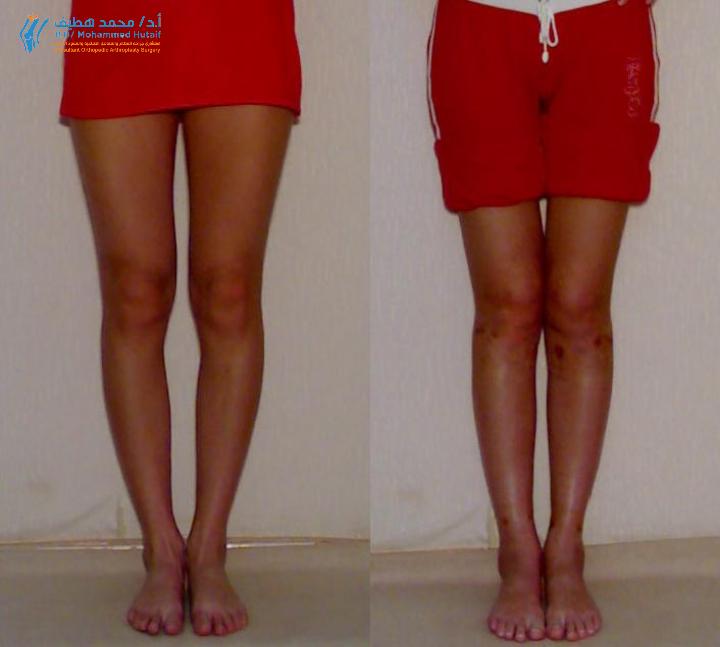

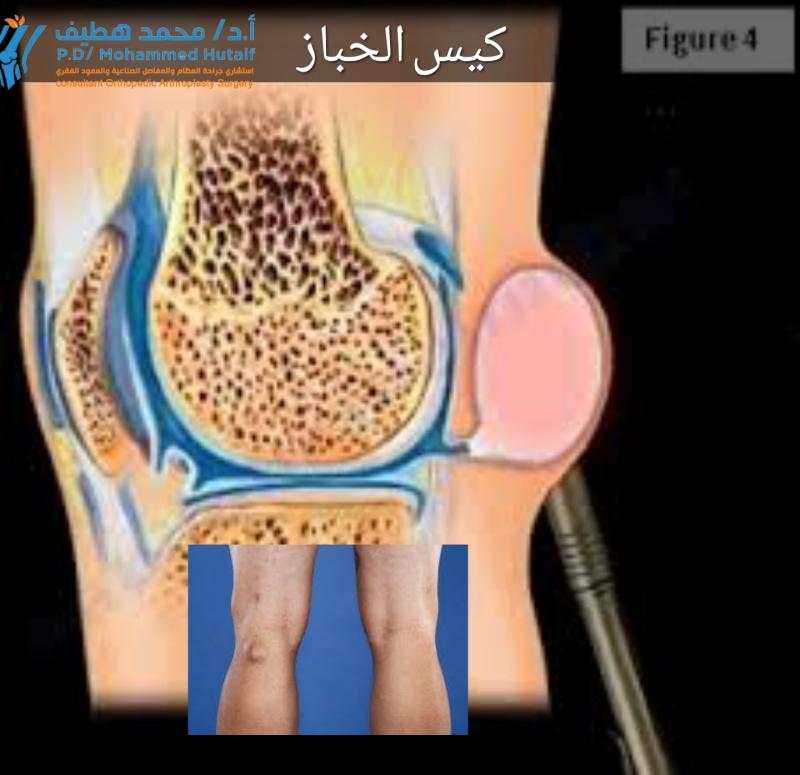
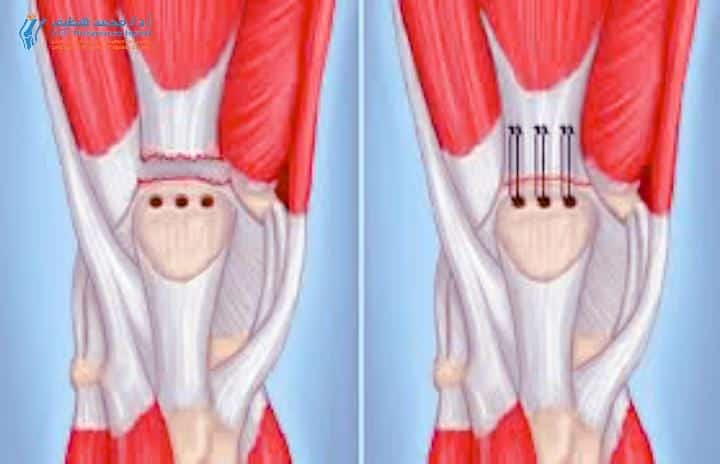
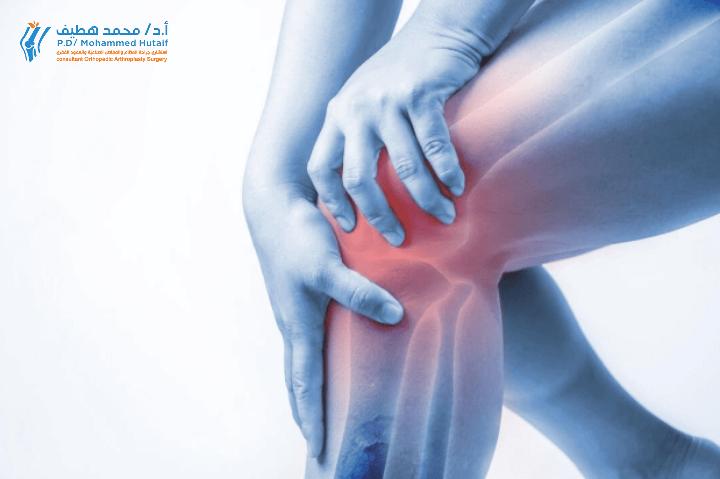
Remember, knee-pain can be debilitating and frustrating, especially when it comes to keeping up with your workout routine. Stay safe, prioritize your health, and consult a healthcare provider for the right diagnosis and treatment plan.


